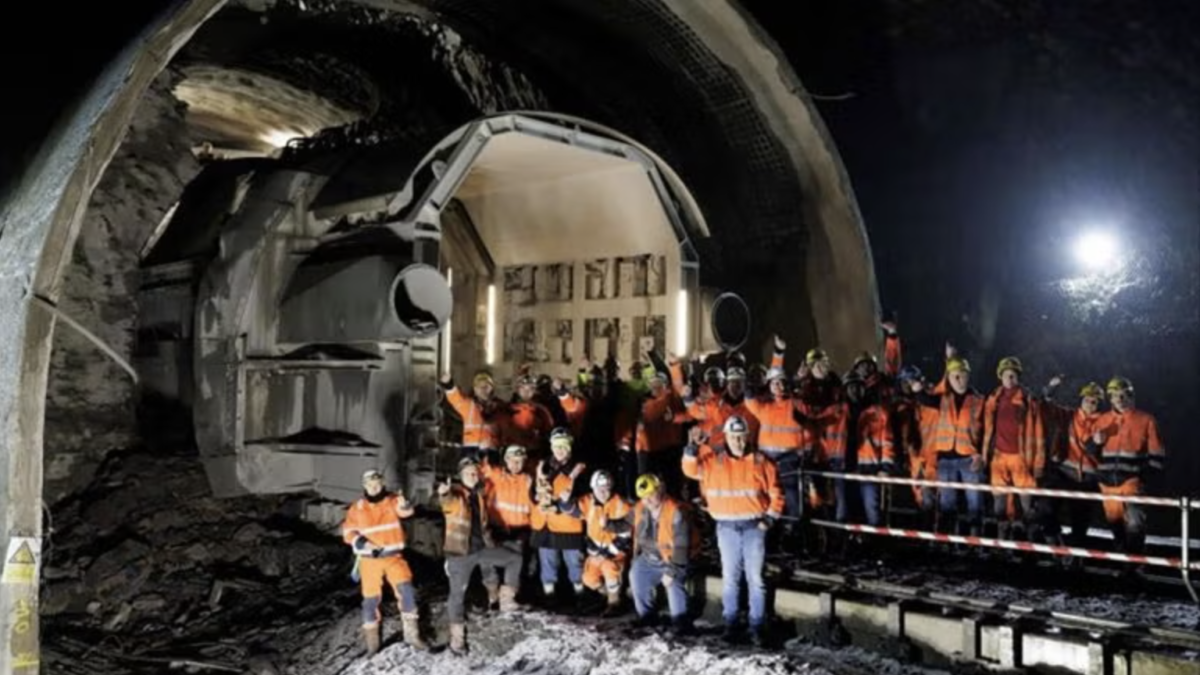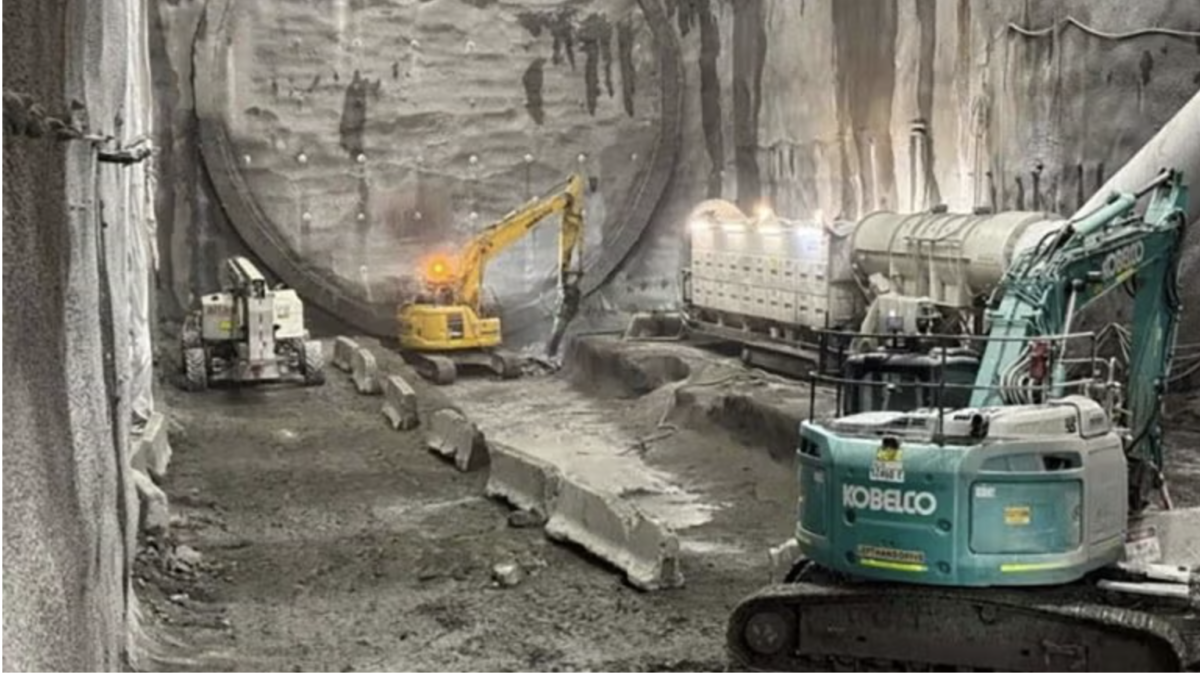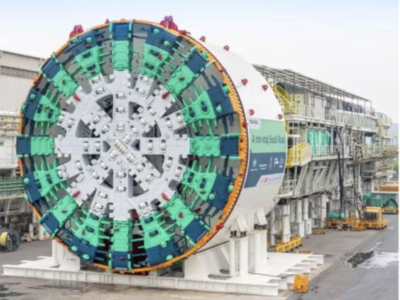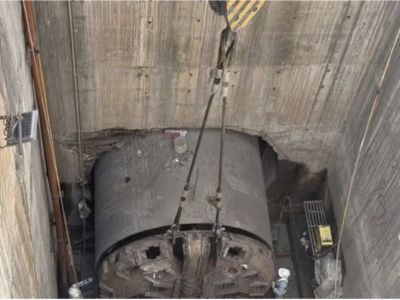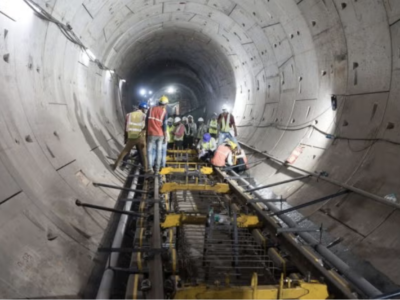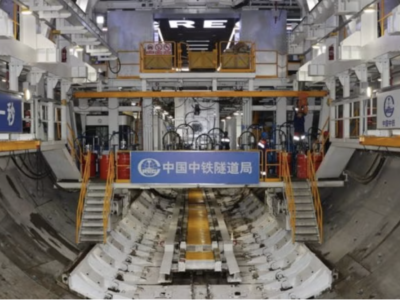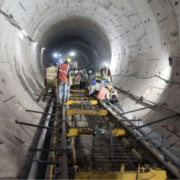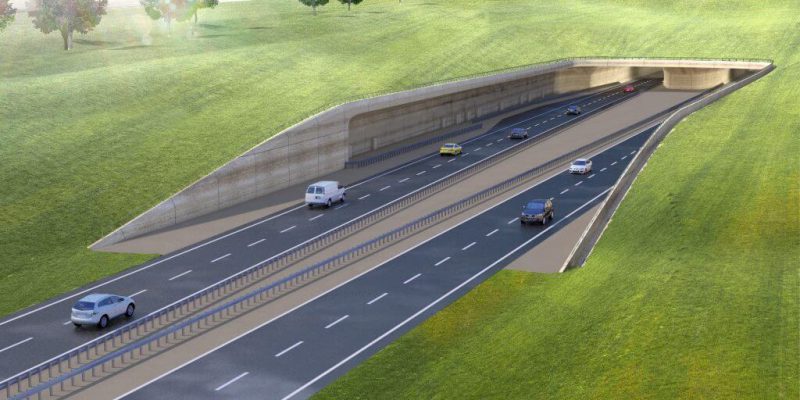
According to National Highways‘ claim, in order to build and operate than the current proposal, a bored extension for the Stonehenge Tunnel would cost £470M.
Involving the construction of a new 12.8km two-lane dual carriageway, with a 3.2km tunnel, for the A303 among Amesbury and Berwick Down in Wiltshire, the original scheme’s cost has estimated to be £1.7bn.
The request of providing more information on alternative options for the scheme – which it had previously excluded from further development – as part of a re-application for a development consent order by the transport secretary has been asked from the roads agency. National Highways’ original development consent was quashed in court last year.
In June, more information and updates on various aspects of the project by Grant Shapps were requested.
A bored tunnel extension, which cost would be £340M as National Highways more to build than the current scheme, and a cut and cover tunnel extension that would cost £266M more to build, are the presented alternative tunnel routes.
Both the bored tunnel extension and cut and cover options would involve moving the western tunnel portal further away from the world heritage site. Both tunnel extension alternatives are of similar length.
National Highways has estimated the additional costs of operation and maintenance for either tunnel extension alternative at £2M per km per year. Over 60 years this would amount to another £126M, compared to the current scheme.
As it is indicated in documents published on the Planning Inspectorate portal, National Highways stated that both a bored tunnel extension and cut and cover extension would be slightly more beneficial in heritage terms than the existing proposal.
“The DCO (development consent order) scheme remains the preferred scheme to deliver the benefits, and to resolve the large adverse effect of the existing A303 on the OUV (outstanding universal value) of the WHS (world heritage site),” the report concludes.
It also adds: “In carrying out a balanced appraisal of the benefits and disbenefits relating to heritage, environment, traffic, program, and cost, we conclude that the additional cost of each alternative over and above the DCO scheme would not deliver meaningful additional benefits to the WHS that would justify either alternative being taken forward.”
Comprising an updated report on the scheme’s operational and construction carbon emissions, National Highways submitted new environmental information on the planned tunnel earlier this year.
Additionally, the More joint venture was announced as the preferred bidder for the £1.25bn Stonehenge tunnel and main construction works contract for the scheme in May by National Highways.



